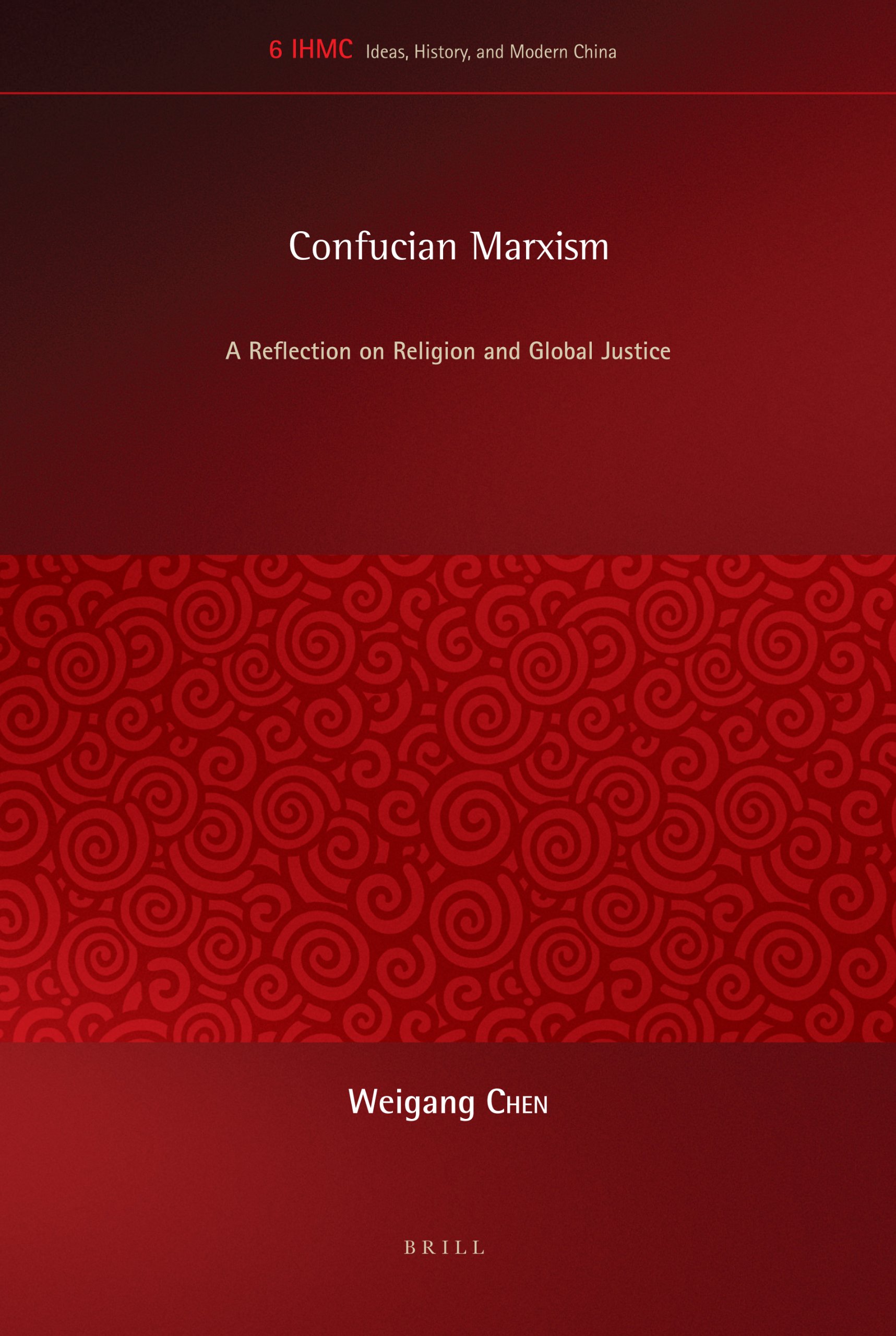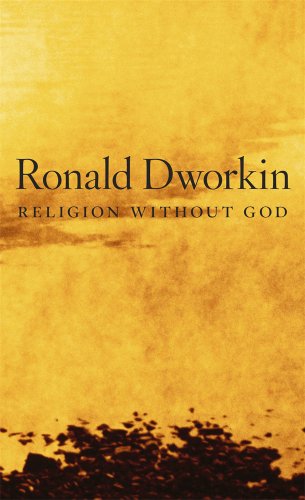陈维纲:Confucian Marxism: A Reflection on Religion and Global Justice
 Confucian Marxism: A Reflection on Religion and Global Justice. Brill 2013. ISBN: 9789004228986.
Confucian Marxism: A Reflection on Religion and Global Justice. Brill 2013. ISBN: 9789004228986.
Buttressed by an autocratic system, China’s colossal economic growth over the past decades seems to have had the paradoxical effect of undermining the foundation of Western domination but at the same time invigorating Eurocentricism. In particular, it highlights the current relevance of the central conviction of Weber’s Orient: the absence of civic roots in non-Western societies will create a kind of “uncivic” capitalist system in which one has no choice but to seek to compensate for instabilities through authoritarian institutions. Does this mean that the West may alone afford to harmonize political stability with the universalistic ideal of justice as the basic structure of society? If not, how then is it possible to develop a notion of the primacy of social justice that transcends the limits of liberal democracy? This book aims at addressing these timely questions by drawing on “Confucian Marxism”—a distinctive perspective on civil society.


